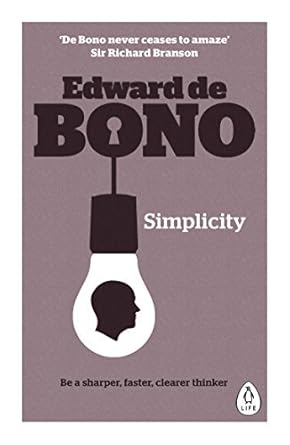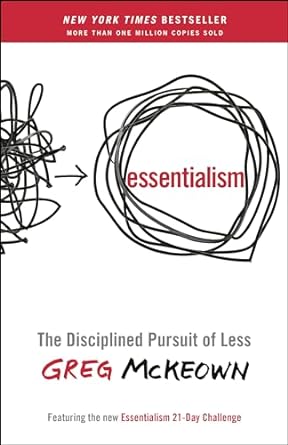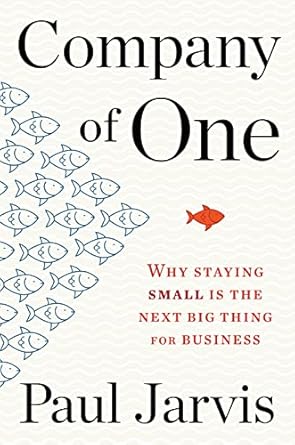Simplicity
Simplicity is a state of ease of understanding or doing. Without complexity.
Japanese: kanso (simplicity) - the aesthetic and spiritual virtue that aims to leave what is essential by eliminating anything that is unimportant.
Key Insights & Principles
Communication
Insights:- No matter the intention, communication is always understood through the context and experience of the receiver.
- The purpose of communication is simplicity and clarity.
- Complexity in communication can lead to confusion.
- If communication is too simple, it may not be clear. It can be open for misinterpretation or ambiguity.
- Use plain language.
- Do not oversimplify by leaving out key pieces of information.
Business
Insights:- For small businesses simplicity may be essential for survival.
- Simplifying processes can reduce costs of training for and dealing with complexity.
- Simple solutions are not always accepted.
- The best plans are simple.
- Make simplicity a mandate.
- Embed simplicity in the culture.
Life
Insights:- Simplicity is not always easy.
- Simplicity can help enforce habits.
- Strive for simplicity.
- Notice complexity.
- Remove what is not essential.









